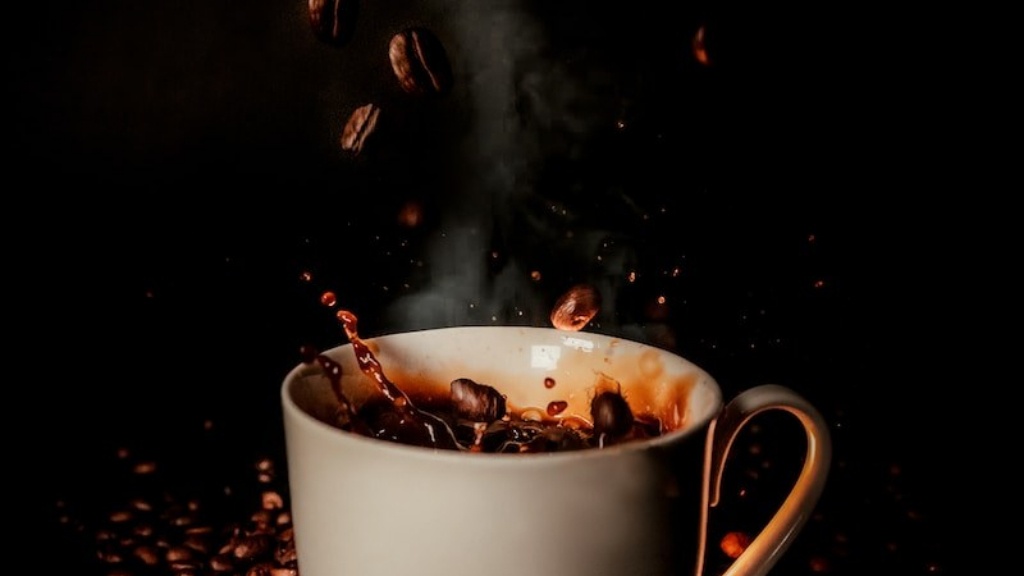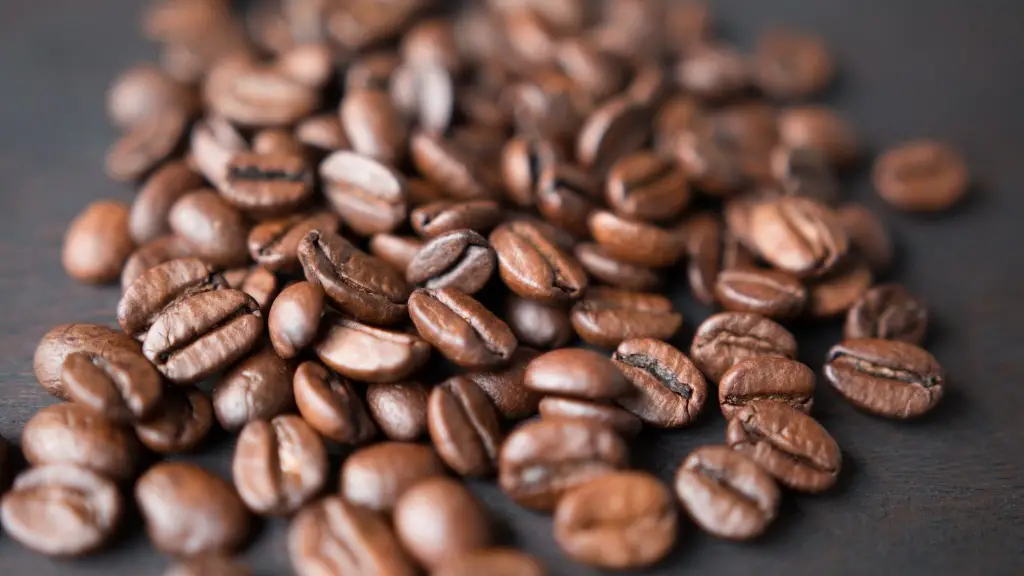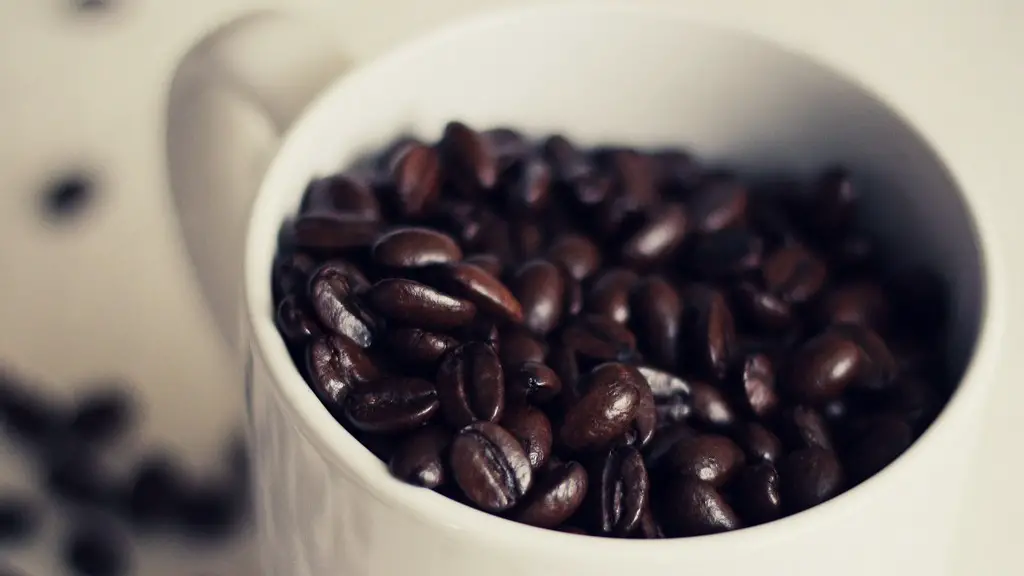Caffeine and Energy Drinks
Caffeine has become a popular source of energy for many people. It has been added to a wide range of products, from energy drinks to coffee and even candy bars. Caffeine is known to have physiological and psychological effects on the body. The caffeine content in energy drinks can vary greatly, from 50 to over 500 milligrams per serving. In comparison, a cup of coffee can contain anywhere from 95 to 200 milligrams of caffeine. As such, it’s important for people to be aware of the ingredients and amounts of caffeine in their drinks.
It is not wise to drink coffee and an energy drink back-to-back. This can overload your body with excessive amounts of caffeine and lead to unpleasant side effects like nausea, restlessness and the jitters. Even worse, drinking high amounts of caffeine can result in palpitations and increases in blood pressure, both of which can be hazardous to your health.
In general, beverages with higher concentrations of caffeine should be avoided, or consumed in moderation. For instance, a single energy drink may contain multiple servings of caffeine, with one can containing up to 500 milligrams. To put it into perspective, that would be the equivalent of five cups of coffee. This amount of caffeine would be too much for most people to consume at once and might cause them to experience undesirable side effects.
If you do decide to consume coffee and an energy drink, it is best to allow at least a few hours in between the two. This will ensure that your body has time to metabolize the caffeine before you consume more, preventing any unwanted effects. Furthermore, if you must have them both in conjunction, it is best to opt for a lower-caffeinated coffee and a low-sugar energy drink.
Energy Drinks and Sugar
Energy drinks are often high in sugar and may contain other additives that can have a negative impact on your health. Many energy drinks contain artificial sweeteners, flavors, and colors that can be hard on the body. These additives can also lead to weight gain and other health problems.
Other potential dangers of energy drinks include dehydration, headaches, and irregular heart rhythms. Long-term consumption of energy drinks can also lead to addiction. The sugar and caffeine found in energy drinks can cause the body to develop a tolerance, prompting people to drink more energy drinks than is safe.
In addition to the health risks associated with energy drinks, there is also a greater risk for injury or death. These beverages are known to cause drivers to become sleepy, inattentive, and highly irritable, as well as lead to poor decision-making. Such consequences can be deadly if people are not aware of the risks.
It is clear that energy drinks are not the healthiest of beverages and should be avoided when possible. If you do decide to consume them, it is important to limit your intake and be aware of the health risks associated with them.
Health Benefits of Coffee
Coffee has long been a popular beverage and is known to have some health benefits. Research has linked coffee consumption to lower rates of diabetes and cardiovascular disease. In addition, drinking coffee is thought to lower the risk of certain types of cancer and may even have anti-aging benefits. Coffee is also believed to boost metabolism, suppress appetite, and increase energy levels.
Coffee is also rich in antioxidants and is known to be a good source of B vitamins. Some studies suggest that drinking two to four cups of coffee a day may offer health benefits. However, it is important to note that, like any food or beverage, moderation is key. Too much coffee can cause headaches, irritability, and restlessness, so it is best to consume it in moderation.
As long as it is consumed in moderation, coffee can be a great way to get a morning boost of energy. However, it is important to be mindful of the amount of caffeine in each cup and any additional additives, such as sugar and creamer, that you may add.
Alternatives to Coffee and Energy Drinks
For those interested in avoiding both coffee and energy drinks, there are many healthier alternatives available. Green tea is a great choice for a natural source of caffeine and is known to provide numerous health benefits, such as reducing inflammation and aiding in digestion. Black tea can also be a good source of caffeine, though it is milder than coffee and may be more suitable for those who are sensitive to caffeine.
Water is always the best option when it comes to hydration. If you find yourself needing an extra boost of energy, try hitting the gym or going for a walk. Exercise is a great way to naturally increase your energy levels and can even provide mood-boosting endorphins.
Finally, proper nutrition is key to giving your body the energy it needs. Eating a balanced diet of fruits, vegetables, whole grains, and lean protein can help to fuel your body and keep it healthy. It’s important to listen to your body and remember that, generally, the best way to sustain energy is through a healthy diet and regular exercise.
The Bottom Line
In conclusion, It is not advisable to drink both coffee and energy drinks back-to-back as this can lead to an overload of caffeine. Be mindful of the ingredients and amounts of caffeine in both drinks and opt for those with lower concentrations of caffeine. You can also enjoy other healthier alternatives, such as green tea, black tea, water, and proper nutrition. Lastly, remember to always listen to your body and take the necessary steps to fuel it in a healthy and sustainable way.



